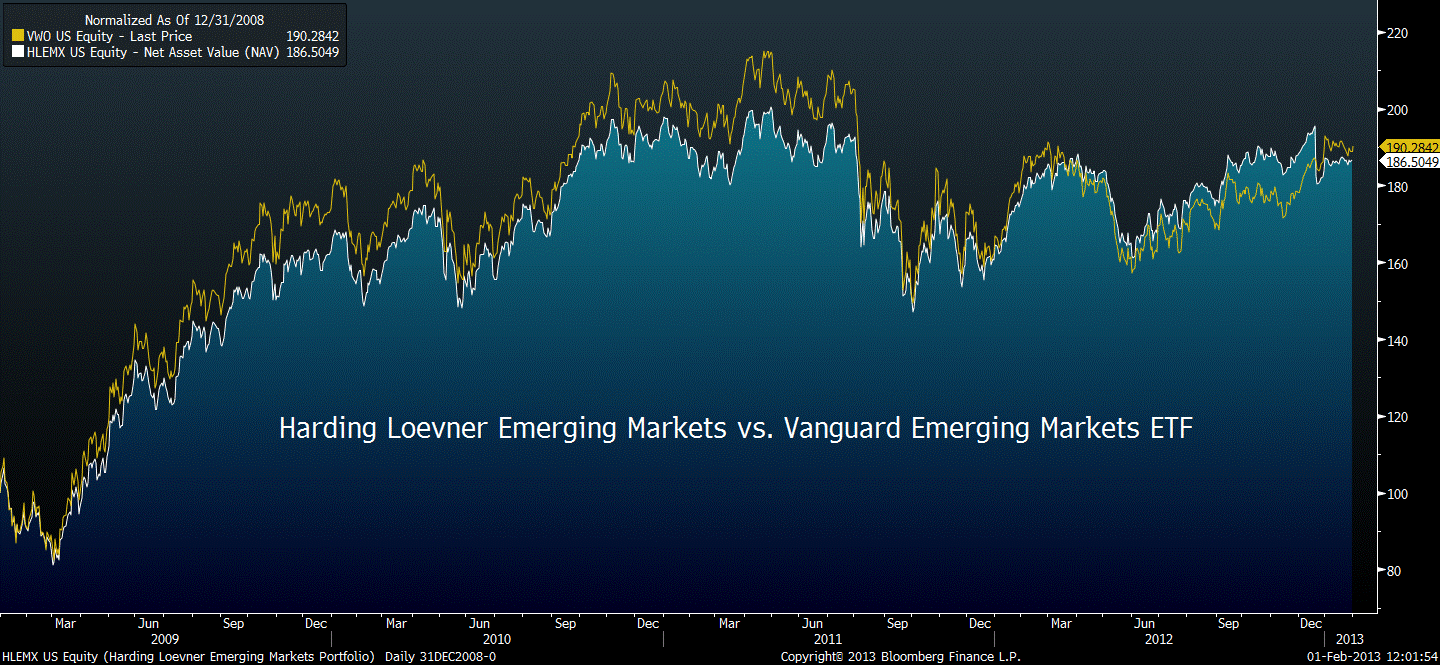When we began using ETFs several years ago in our portfolios, we had no idea the size and power of the wave we were catching. At the time we were using Modern Portfolio Theory and calculating optimal asset allocation using historical index return data. We then picked managers we hoped (yes, hoped) would outperform those indices. There is no academic research or practical process for identifying managers who will beat their benchmarks. Research by Standard And Poors has shown that about 1 in 5 mutual fund managers beat their benchmarks in any given year, dropping as time goes on. So when we were told we could achieve benchmark returns year after year for a lower cost, the decision to abandon our hoping for a more prudent approach was an obvious one.
Recently, Fortune posted an article online entitled “The great ETF mega-war” that documents the heated price war in which Vanguard, BlackRock, and several other ETF providers are now engaged. Fortune Reports, “It started when investors took notice of Vanguard’s Emerging Markets ETF (VWO). Priced at less than half the comparable iShares offering (EEM) (0.35% vs. 0.75%), Vanguard’s fund was also performing better. That fund’s success then helped draw investors to Vanguard’s other low-cost ETFs.” Emerging Markets mutual funds are typically expensive; Harding Loevner Emerging Markets (HLEMX) still has an expense ratio of 1.49%. The argument has been that performing the research and analysis on Emerging Markets equities was more resource intensive than for a domestic large-cap fund. With the exception of a few brief periods, those resources have not produced persistent outperformance of the index.
The above chart does not take fees and expenses into account, which as noted above can represent a large spread in total return, especially when compounded over several years.
Moreover, Fortune reports the fees on ETFs are continuing to fall giving the individual investor a rare advantage. The power to gain exposure to an entire asset class in a single trade and to maintain that exposure for increasingly less expense magnifies the already significant influence of asset allocation on long-term returns. Clearly, the market at large is beginning to recognize the opportunity. Fortune:
“When it comes to stocks, ETFs have been dominating of late. The mutual fund industry has seen steady outflows from equity funds in the past few years — $122 billion in the first 11 months of 2012, according to ICI. During the same period, $100.6 billion moved into equity ETFs.”
Though it may be early to declare the death of Mutual Funds, the cost and benefits of active management are undoubtedly on the radar of investors and now, luckily, the media.
###
Source: Fortune “The great ETF mega war”

